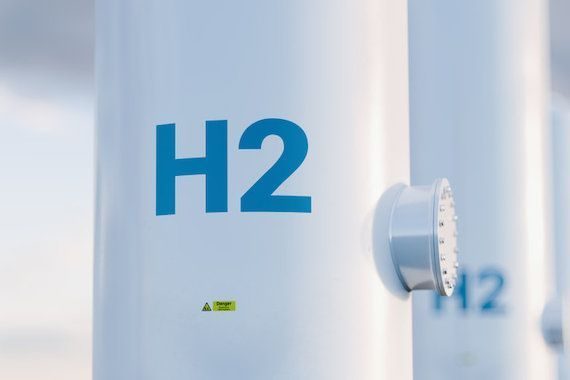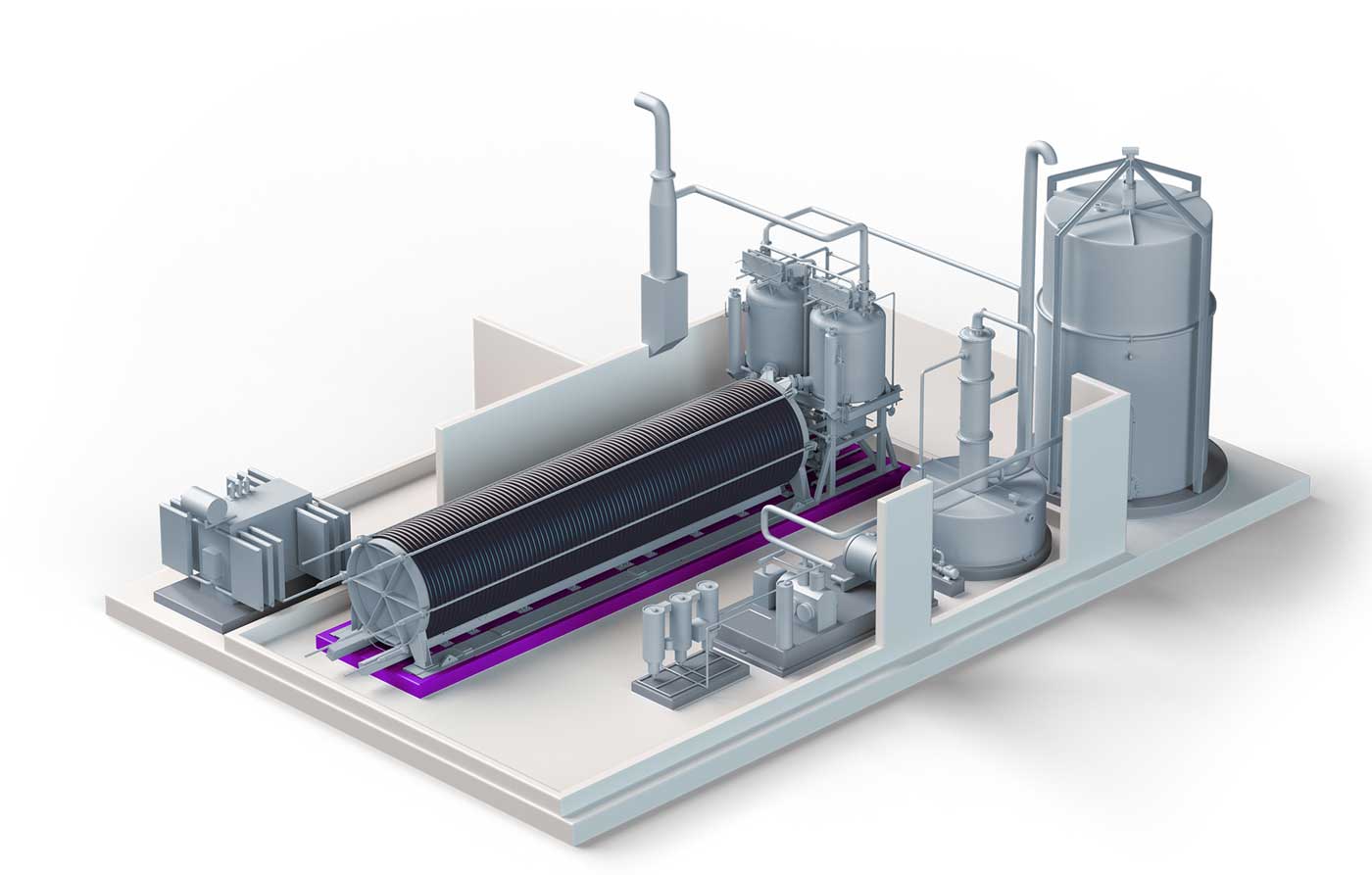An important energy source for ecological transition? For the first time in France, the government has authorized a project to explore “white” hydrogen, a naturally occurring fuel found underground that could help reduce greenhouse gas emissions from industry and transportation, according to an official order published in the Official Journal on Sunday, December 3rd.
This “exclusive permit for the exploration of native hydrogen mines, helium, and related substances” will cover an area of nearly 225 square kilometers in the Pyrénées-Atlantiques. It has been granted to the company TBH2 Aquitaine for a duration of 5 years.
The granting of this permit means that exploration work, including seismic studies, can begin, explains the company’s founder, Vincent Bordmann, to AFP. Drilling will only occur in two or three years, following further authorizations. Five other requests for similar projects are “under review,” according to the Ministry of Ecological Transition.
White, gray, blue, green, yellow hydrogen Hydrogen is highly sought after for its decarbonization potential in industries and mobility, provided that it is produced in a decarbonized manner itself. Different forms of hydrogen are distinguished: “white” hydrogen refers to naturally occurring stocks in soils.
However, today, 95% of produced hydrogen is “gray,” meaning it is manufactured by chemical or petrochemical industries through a highly greenhouse gas-emitting process. There’s also “blue,” “green,” and “yellow” hydrogen, depending on whether they involve gas with carbon capture, green electricity sources (wind, solar, hydroelectric) through water electrolysis, or production from nuclear electricity.




